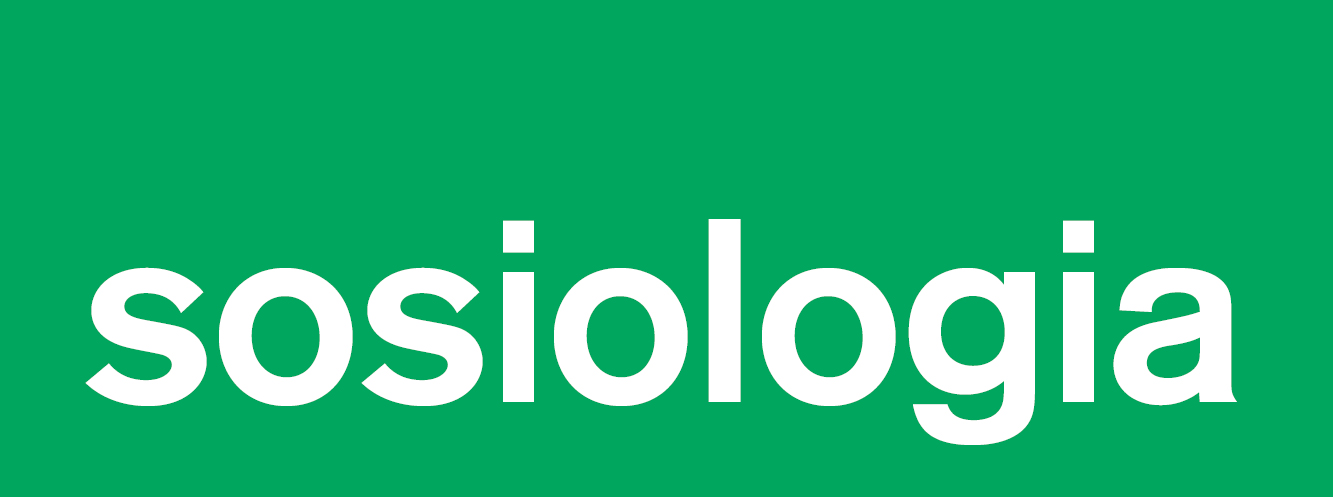Meritokratia reiluna epätasa-arvona – Nuorten käsityksiä mahdollisuuksien tasa-arvosta ja toimijuuden mahdollisuuksista
Avainsanat:
epätasa-arvo, mahdollisuuksien tasa-arvokäsitykset, meritokratia, monimenetelmällinen tutkimus, yksilötoimijuusAbstrakti
Artikkelissani tarkastelen nuorten käsityksiä mahdollisuuksien tasa-arvon toteutumisesta ja toimijuuden mahdollisuuksista hyödyntämällä integroivaa monimenetelmällistä otetta. Mahdollisuuksien tasa-arvokäsityksiä koskevan kyselyaineiston perusteella nuorten orientaatiotyypit muodostuivat seuraavasti. Enemmistö oli optimisteja, jotka uskoivat mahdollisuuksien tasa-arvon toteutuvan, mutta lähes yhtä paljon oli kriittisiä, jotka suhtautuivat siihen epäileväisesti. Pienin osuus oli kannastaan epävarmoja. Nuorten luokkapohdinnoista koostuvassa laadullisessa aineistossa nuoret erittelivät käsityksiään siitä, mitkä tekijät yhteiskunnassa vaikuttavat toimijuuden mahdollisuuksiin. Nämä tekijät palautuivat rahaan, koulutukseen ja keskiluokkaisuuteen. Lisäksi nuoret hahmottivat pohdinnoissaan käsitystapaa meritokratiasta reiluna epätasa-arvona. Eri orientaatiotyyppien nuoria yhdisti ajatus yhteiskunnan reiluudesta. Nuorten mielestä lähtökohdat elämään voivat olla epätasa-arvoisia, mutta reilu yhteiskunta mahdollistaa ahkeruuteen perustuvalla yksilötoimijuudella paremman elämän tavoittelun. Aineistoni nuoret ovat kasvaneet meritokraattisessa yhteiskunnassa, jossa ajan henki on korostanut yksilötoimijuuden vaadetta. Tämä heijastui heidän näkemyksissään. Reilun epätasa-arvon paikantuminen nuorten käsityksistä valottaa nuorten havaitsemia toimijuuden raameja yhteiskunnassa. Lisäksi se tarjoaa kehyksen ymmärtää sitä vuorovaikutusta, jota tapahtuu yhteiskunnan ja nuoren välillä hänen pyrkiessään meritokratian määrittämissä odotuksissa toteuttamaan toimijuuttaan.





